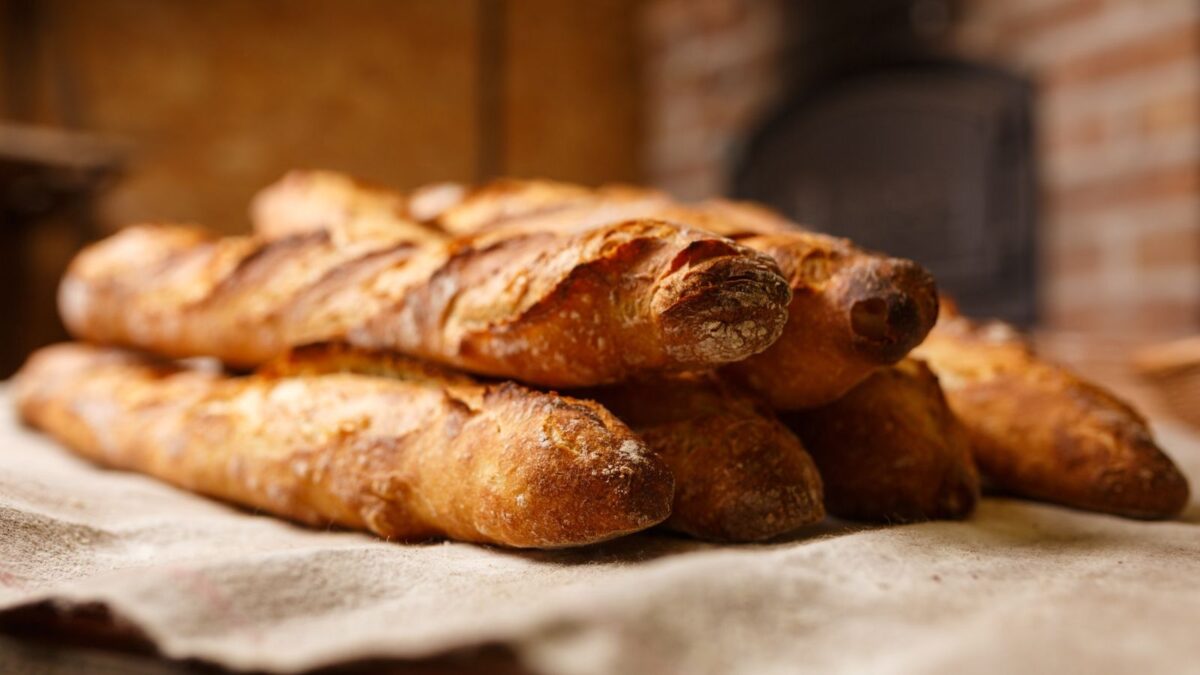
UNESCO has added the French baguette to its “intangible cultural heritage” list.
The body announced it had added “artisanal know-how and culture of baguette bread” to its list of 600 other items.
Its inclusion “celebrates the French way of life”, UNESCO chief Audrey Asoulay said, adding: “The baguette is a daily ritual, a structuring element of the meal, synonymous with sharing and conviviality.
“It is important that these skills and social habits continue to exist in the future,” she said.
The baguette is the most popular kind of bread enjoyed and consumed in France throughout the year. The traditional production process entails weighing and mixing the ingredients, kneading, fermentation, dividing, relaxing, manually shaping, second fermentation, marking the dough with shallow cuts (the baker’s signature) and baking. Unlike other loaves, the baguette is made with only four ingredients (flour, water, salt and leaven and/or yeast) from which each baker obtains a unique product.
Baguettes require specific knowledge and techniques: they are baked throughout the day in small batches and the outcomes vary according to the temperature and humidity. They also generate modes of consumption and social practices that differentiate them from other types of bread, such as daily visits to bakeries to purchase the loaves and specific display racks to match their long shape.
Their crisp crust and chewy texture result in a specific sensory experience. The baguette is consumed in many contexts, including during family meals, in restaurants, and in work and school cafeterias. The production process is primarily transmitted through work-based training, combining school courses with work experience in a bakery.








